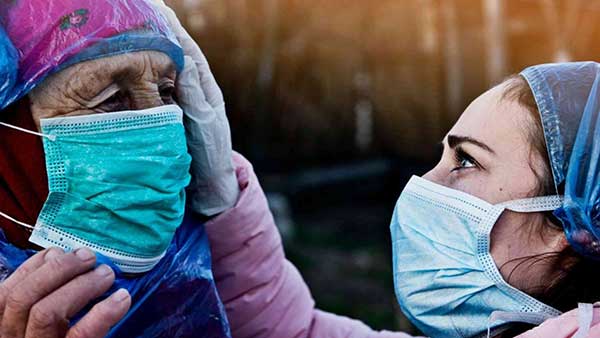
Recent outbreaks of Marburg virus, Mpox, and a new strain of avian influenza (H5N1) underscore global vulnerability to pandemics, with 17 outbreaks recorded in 2024 alone, according to a new report from the Global Preparedness Monitoring Board (GPMB).
The report, launched at the World Health Summit in Berlin, outlines 15 major pandemic risk drivers categorized into social, technological, environmental, economic, and political factors.
GPMB, supported by the World Health Organization and the World Bank, calls for a “radical reset” in pandemic preparedness and urges leaders to address these multifaceted risks.
“We must invest now in resilient and equitable primary healthcare systems to withstand the challenges of tomorrow,” said Joy Phumaphi, GPMB co-chair and former Botswana health minister. She emphasized the need for robust health systems that can respond effectively to future crises.
The report warns that trust deficits between countries, economic inequities, intensive farming, and the risk of human-animal disease crossover all heighten the likelihood of pandemics.
Additionally, digital advances that aid rapid response also increase risks, as cyber threats, biosecurity issues, and misinformation can disrupt pandemic response efforts.
Former Croatian President and GPMB co-chair Kolinda Grabar-Kitarović stressed the need for proactive measures. “We have a narrow window of opportunity to rethink global preparedness…Vigilance, adaptability, and collaboration must define our preparation now,” she said.
The GPMB urges nations to fortify health systems, enhance social protection, and focus on cross-sectoral collaboration, recognizing that human, animal, and environmental health are interlinked. It highlights the importance of adaptability and collaboration in preparedness, encouraging policymakers to make pandemic response plans flexible and regularly reviewed.
The report is available on the GPMB website, offering a framework for policymakers to strengthen global health systems and build resilience against future pandemics.


























